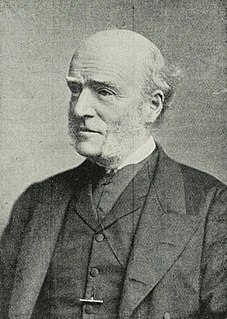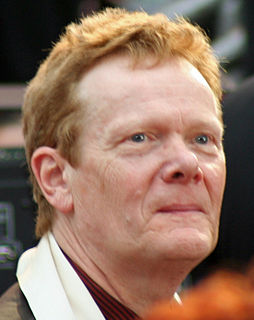A Quote by John Battelle
The old internet is shrinking and being replaced by walled gardens over which Google's crawlers can't climb.
Related Quotes
The 'old' Internet is shrinking and being replaced by walled gardens over which Google's crawlers can't climb. Sure, Google can crawl Facebook's 'public pages,' but those represent a tiny fraction of the 'pages' on Faceboo, and are not informed by the crucial signals of identity and relationship which give those pages meaning.
I wish that Google would realize its own power in the cause of free speech. The debate has been often held about Google's role in acceding to the Chinese government's demands to censor search results. Google says that it is better to have a hampered internet than no internet at all. I believe that if the Chinese people were threatened with no Google, they might even rise up and demand free speech - free search and links - from their regime. Google lives and profits by free speech and must use its considerable power to become a better guardian of it.
The thing which attracted me to Google and to the Internet in general is that it's a great equalizer. I've always been struck by the fact that Google search worked the same, as long as you had access to a computer with connectivity, if you're a rural kid anywhere or a professor at Stanford or Harvard.
The industries closest to Google - media, advertising, and entertainment - are affected first. But the avalanche that is Google and the internet will overtake all industries and institutions - carmakers, bankers, universities, government - as we undergo a fundamental restructuring of the economy and society. Every industry and institution would be wise to understand the need for handing over control, for transparency, for collaboration and speed.































